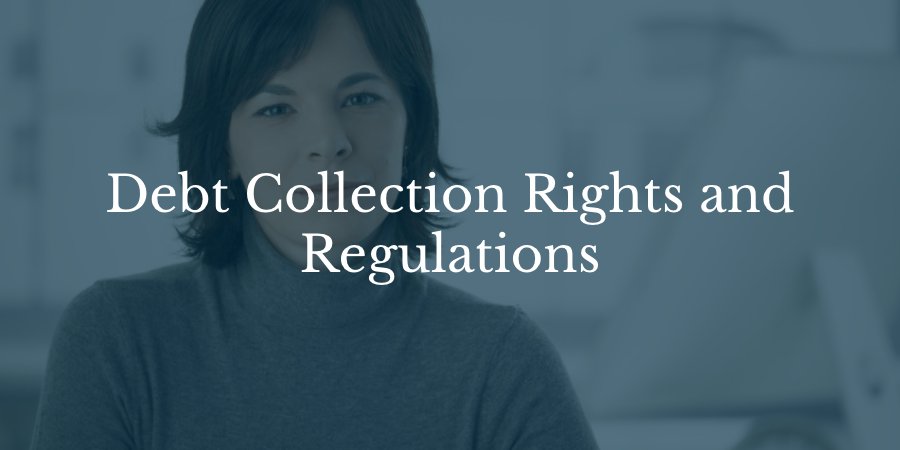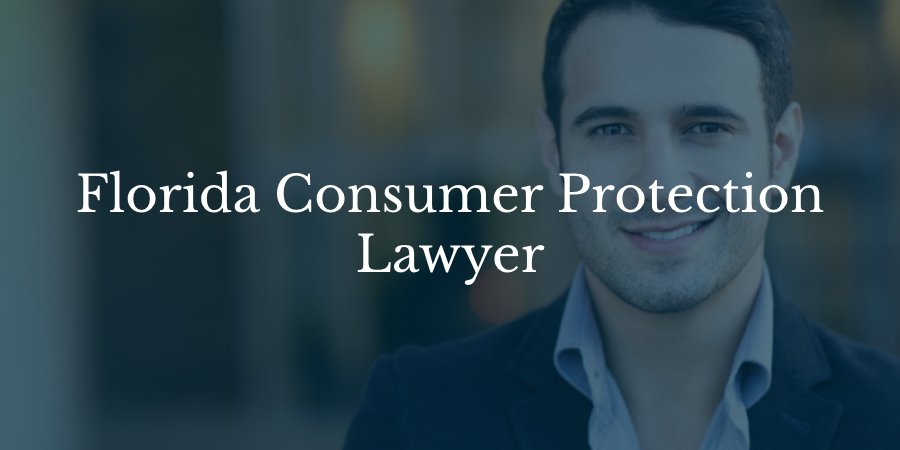20+ year of experience
Insurance Defense Lawyers
Personal attention
Eager to Protect our Clients Find out if you have a case Find out if you have a case
Florida Consumer Protection Lawyer
Do you feel that your rights were violated in some way by a debt collector? Perhaps a person posing as a bill collector provided sensitive information to your employer. Did someone threaten you over a debt? Having a Florida consumer protection lawyer to work with you to pursue restitution for your losses is critical.
The state and federal governments have very specific rules in place that debt collectors must follow, and when they do not, you have the right to take legal action against them. At Sharmin & Sharmin Attorneys at Law, we work to protect your clients and their rights after such violations happen. Our primary goal is to educate you – ensuring you know what your rights are and what you do and do not have to do.
Consumer protection is a growing topic of conversation in the context of the law and personal rights. Lake Worth particularly has seen an increase in interest in hiring Lake Worth consumer protection attorneys to protect them from the predatory acts of debt collectors. Much of what these collectors do may be illegal and in violation of state and federal restrictions.
Debt Collectors Use Predatory Tactics to Take Your Money
Debt collection can be an extremely complex issue for consumers throughout the state of Florida. Debt collection, generally speaking, is when entities that are owed money by someone or an organization rely on the services of a third-party debt collection agency to fulfill those owed payments. While it is fair to assume that this is a fair and just practice, many debt collectors step out of line and break the law to fulfill their duties. Our debt defense lawyers in Florida have helped hundreds of clients contact Sharmin & Sharmin P.A. to further discuss your debt defense strategy.
Certain federal and state laws spell out which acts are illegal to perform on consumers:
- Call someone while they are at work
- Use threats of violence
- Pretend to be law enforcement, an attorney, or affiliated with a law firm
- Contact someone directly if they already have an attorney
- Call between the hours of 9 PM and 8 AM
- Repeatedly attempt to contact someone after they ask them not to
- Try to collect a debt that has already been paid or belongs to someone else entirely
- Reveal information about someone’s debts to people and entities they are affiliated with, such as friends, family, or their workplace
- Use profane language
- Attempt to physically or otherwise intimidate someone
- And other forms of general harassment…
Florida’s Consumer Collection Practices Act
One of the tools that is present to help consumers in Florida is a law called the Consumer Collection Practices Act, found in Sections 559.55-559.785 of the Florida Statutes. This law gives consumers the right to sue a creditor that violates the standards set by consumer protection laws. Even small, technical violations may result in legal action.

Debt Collection Rights and Regulations
Knowing your rights is the first step in this process. There are numerous misconceptions related to the rights and regulations around debt collection in Florida that it can seem like an impossible process. Yet, there are many ways that you can feel protected.
In fact, Florida has two laws that provide for this protection. The first is the Fair Debt Collection Practice Act, and the second is Florida’s Consumer Collection Practices Act. Both laws put in place specific rules that debt collectors must follow when pursuing payment of a debt. You need to know this. Even if you owe a debt to the collector, you should not be treated in any harassing way. You have rights, and violations of those rights can make it hard for you to manage your finances.
Below are some of the rights and regulations that are in place that could provide you with help if you are being treated unfairly by a debt collector.
Continuing to Call
If a debt collector contacts you and you ask them to stop calling, or they continue to call even when you have told them you cannot pay, they could be in violation of your rights. Continued contact like this is considered illegal.
Impersonating the Police
Debt collectors cannot say that they are from the government or law enforcement. They cannot misrepresent who they are when contacting you. Rather, they must be open with you about who they are and why they are calling.
Threatening Actions or Messages
Debt collectors cannot be threatening in any way. That includes using violence, threats, a threatening tone, or any type of force as they try to make you pay your debt. They cannot try to force you to pay your debt.
Sharing Your Information
These people are not allowed to provide anyone with your loan details. Specifically, they cannot share any details of your loan or why they are calling your employer. They cannot threaten to contact your employer to share those details either.
Derogatory Information Threats
The collector is not allowed to threaten to report you to the credit bureaus or any consumer agencies after a debt dispute. For example, if you dispute the debt, they cannot threaten to send derogatory information to the consumer reporting agencies without first informing the agencies that you disputed that debt.
Harassing Family Members
The debt collector is not allowed to threaten or bother your family members with any information related to your outstanding debt. They cannot harass or otherwise disturb family members in any way related to your debt.
Calling You at Odd Hours
Your phone should not ring late in the night with a request from a debt collector. They cannot call at odd hours, including very early in the morning. The only time they can do this is if you have given them permission to do so at some time beforehand.
Lying About Legal Action
A debt collector cannot lie to you about their legal actions. For example, they cannot say that they have contacted an attorney if they have not done so. They also cannot misrepresent themselves as attorneys pushing the debt.
Contacting You After You Inform Them of Your Attorney
It is your right to seek out legal guidance from an attorney when it comes to debt collection. That includes situations where you plan to file for bankruptcy. If you inform the debt collector that you have legal representation, they cannot continue to contact you but instead should contact the attorney to whom you have provided contact information.
Sending Documents with Information on the Exterior
The debt collector cannot stamp an envelope with “attempt to collect a debt” or any other type of embarrassing information when sending any type of document about a debt through the mail. There should be no outward evidence that the letter relates to any type of debt collection.
Using Improper Language
Debt collectors are also forbidden from being abusive with the way they communicate. They cannot use abusive language. They cannot use profanity in any way. They cannot be vulgar in their communications with you.
These are all examples of the actions debt collectors cannot take. There could be other actions they take that may be illegal as well. If you feel that a debt collector has violated your rights in any of these areas or others, we encourage you to contact our law firm now for immediate help and guidance. Our legal team will pursue legal action.

What Is a Debt Collector?
This is a common question. Who can be considered a debt collector in Florida? The Florida Attorney General defines this person as a person who regularly tries to collect on the debts that other people owe. This person has the right to contact you within the limits listed above, and that right allows them to pursue payment to collect a debt. This could be a debt that you owe to a commercial institution, a lender, a family member, a household debt, or other legally binding debts.
What Are the Consequences of Violations of Florida’s Consumer Collection Practice Act?
What happens when a debt collector violates any of these laws? Violating these laws can lead to serious consequences. It allows you, as the consumer with the debt, to bring a civil lawsuit against the debt collector. The lawsuit is brought in the county where the violator resides, such a where the debt collector is located or in the county where the violation is said to happen.
A lawsuit does not guarantee any difference will come from the incident. However, with the help of a consumer protection attorney in Florida, you have the ability to receive compensation for your losses.
The court will provide a decision on what that can be. The law, which falls under Section 559.77 of the state’s statutes, offers several potential outcomes that can occur:
- Actual damages are paid
- Statutory damages, in addition to actual damages, of up to $1,000 may be awarded
- Punitive damages may be awarded
- Injunctions may be awarded
- Court costs could be included
- Attorney fees may be included
The statutory damages allowable is $1,000 per action. Many factors play a role in this. That includes the actual actions, such as how many times they violated the rights and what type of violations occurred.
There is also the possibility of a class action lawsuit being brought against the violator in some situations. Though this requires a more substantial claim, there are many situations where debt collectors act in violation of the state’s protections, and that means that more than one person could have suffered losses.
How the Law and Attorneys Help Protect Citizens in Florida
Some of the tactics that these collectors use include the usage of deceptive, false, abusive, and unfair tactics to collect debts. These are illegal under the Fair Debt Collection Practices Act, also known as the FDCPA. The FDCPA was passed in 1978 and was written to protect consumers from predatory debt collectors throughout the country. This act alone has helped innumerable amounts of people by providing financial compensation in the form of damages, statutory damages, and even attorney fees upon completion of a successful lawsuit.
The state of Florida has gone even further to protect residents as well. The Florida Consumer Collection Protection Act (FCCPA) goes further to prohibit not only third-party debt collectors, but the original creditors that would not otherwise be liable under the nationwide FDCPA legislation. Passionate and experienced law firms are able to leverage these mechanisms and more to help protect Lake Worth citizens from excessive harassment. Fore more information, contact a Florida credit report error attorney today.
Sharmin & Sharmin – the Leading Consumer Protection Firm in Florida
At Sharmin & Sharmin, we have seen examples of debt collectors using abusive tactics time and time again. They often knowingly violate the rights of those they are attempting to collect debts from by using harmful tactics day in and day out. That is why we employ passionate Lake Worth consumer protection attorneys at Sharmin & Sharmin – to ensure that you and your family are safe from the threats of others. Please call us today at 1-844-Sharmin or follow this link to receive a free consultation with a representative from our law firm.
Find out in 3 easy steps if you have a case.
All fields are required. If you need immediate assistance, do not hesitate to call us at (1-844) 742-7646